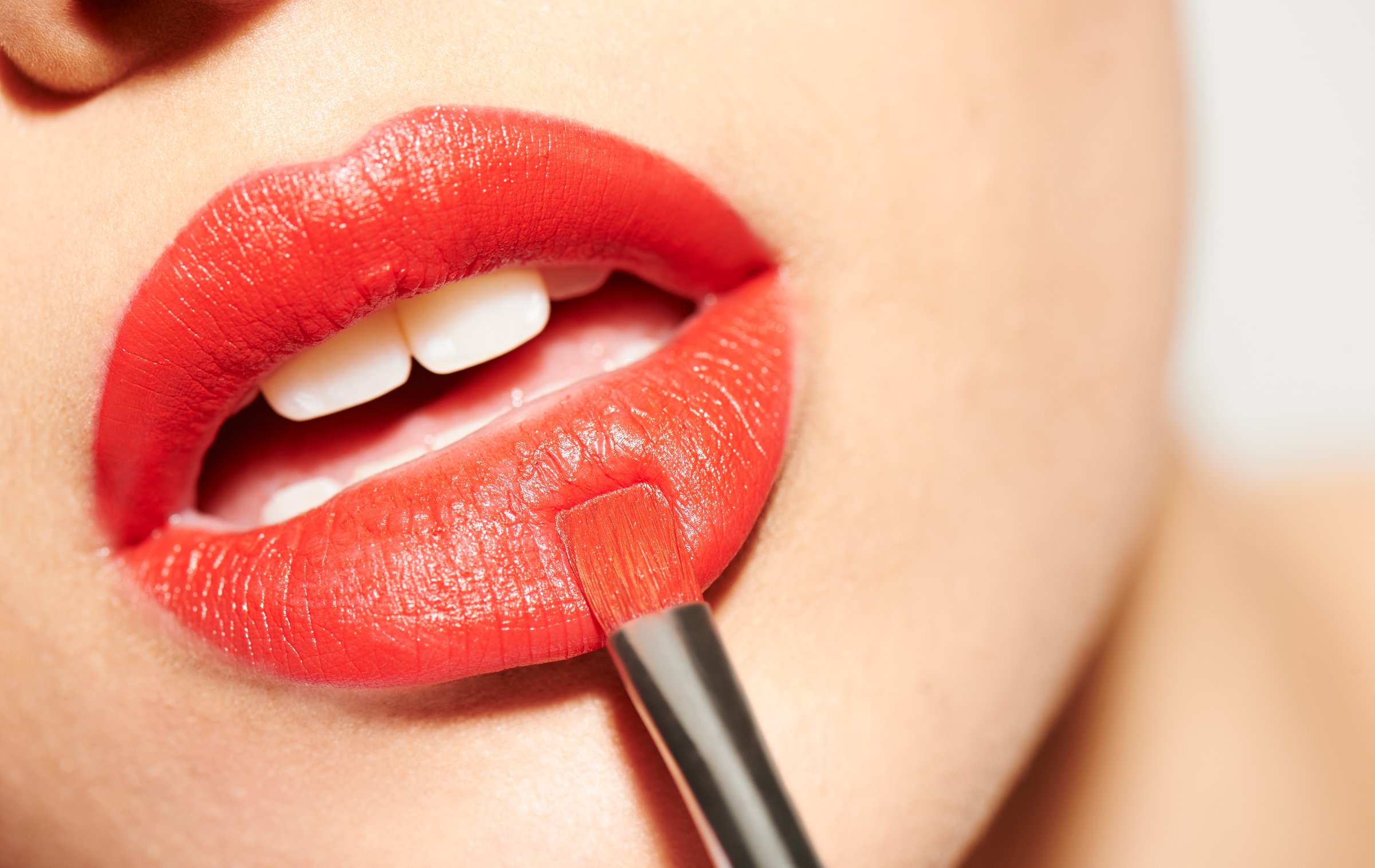
President Donald Trump has sent a strong signal about federal regulations under his new administration, calling for regulation reform task forces and setting a strict policy that, for every new regulation, two must be taken off the books.
While most businesses have been lobbying for regulatory relief, I am part of the small but growing group of business leaders who are advocating the opposite. It’s not every day that businesses ask their government for more regulation, but in the beauty industry, increased regulation presents a major opportunity for both businesses and consumers.
The beauty industry is one of the least regulated markets in the U.S., allowing harmful ingredients to be used in the products we use every day. That lack of oversight means businesses are given limited guidance on the safety of ingredients when formulating their products. Many are shocked to learn that there hasn’t been a major reform of personal care product safety laws in the U.S. since 1938 — a lot has changed in our industry over the last eight decades. The U.S. Food & Drug Administration, the primary regulatory body for the personal care industry, has virtually no authority to watchdog the safety claims of cosmetic and personal care products; no authority to recall products from the market — even if they have been shown to cause harm to consumers — and no authority to make safety assessments on ingredients commonly used in products.
We are dangerously behind the times.
The good news is that we are seeing significant movement in Washington. In September 2016, the Senate Committee on Health, Education, Labor and Pensions held a hearing to explore the FDA’s authority to regulate the safety of cosmetics, and whether current practices, standards and authorities are sufficient to keep consumers safe. Late last year, the FDA released a draft guidance suggesting voluntary limits on the amount of lead in lipstick and other color cosmetics. As a heavy metal, lead exposure may have a lasting impact on brain development and behavior in children, and is associated with neurological health problems, high blood pressure and reproductive toxicity in adults.
The company I founded has screened our cosmetic products for heavy metals since day one, and we believe it is critical for such screening to become an industry-wide standard. We know the challenges of making safer cosmetics. In fact, we think it’s hard for any company making lipstick to claim its product is 100% lead-free. But through our own rigorous testing of color cosmetics for lead, we are confident it’s possible to significantly reduce and limit heavy metal exposure.
We are pleased that the FDA is finally taking action on lead in color cosmetics, but the agency and the federal government must go further to protect consumers. Congress must give the FDA the ability to make regulations like limits for lead in lipstick mandatory, not just voluntary. And while we applaud the agency’s suggested lead limit in cosmetics of 10 parts per million, we feel strongly that companies and the federal government must go further to protect the public’s health.
That is why we are urging President Trump’s administration, Congress and the FDA to increase oversight of the personal care products industry, so that all Americans can trust that their products are both effective and safe. This is not only the right thing to do for consumer safety, it’s also the right thing to do for business. With an updated regulatory regime, the personal care industry would have the necessary federal guidance on ingredient safety, transparency along a secret-laden supply chain and consumer confidence.
We stand ready and willing to partner with lawmakers, the administration and fellow businesses to reform our outdated laws on cosmetics and personal care products. Only then can we fix a fundamentally broken system.
Gregg Renfrew is the Founder and CEO of Beautycounter, which is dedicated to better, safer beauty products.
MOTTO hosts provocative voices and influencers from various spheres. We welcome outside contributions. Opinions expressed do not necessarily reflect the views of our editors.
More Must-Reads From TIME
- The 100 Most Influential People of 2024
- The Revolution of Yulia Navalnaya
- 6 Compliments That Land Every Time
- Stop Looking for Your Forever Home
- If You're Dating Right Now , You're Brave: Column
- The AI That Could Heal a Divided Internet
- Fallout Is a Brilliant Model for the Future of Video Game Adaptations
- Want Weekly Recs on What to Watch, Read, and More? Sign Up for Worth Your Time
Contact us at letters@time.com